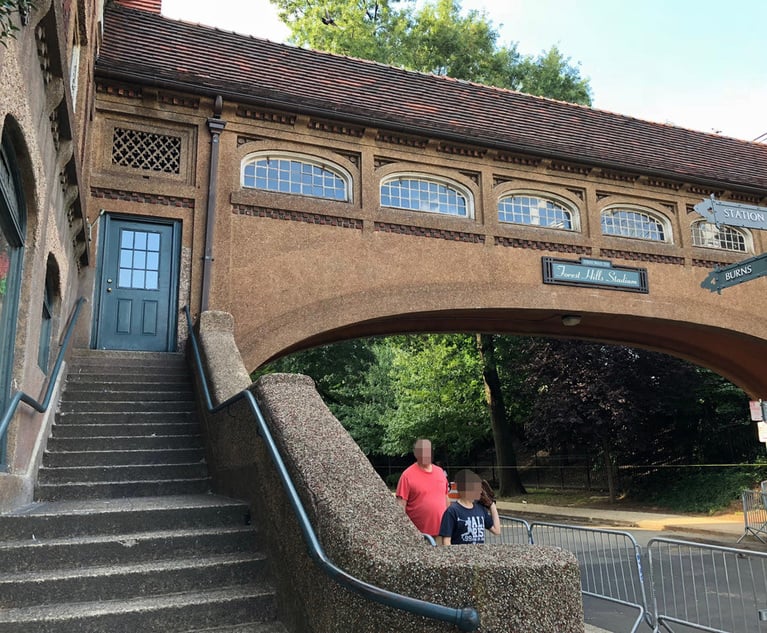The COVID-19 pandemic has put New York in triage mode. From overwhelmed hospitals working to save lives with limited resources, to exhausted parents working from home without childcare assistance, everyone has been forced to juggle and prioritize in unprecedented ways, including the state courts. As a result, the state courts are accepting only those new matters deemed “essential” pursuant to Administrative Order 78/20 (AO/78/20), which was enacted on March 22, 2020 and remains in effect indefinitely. Many prospective litigants, whose claims can wait, will suffer no permanent harm, particularly given that a parallel Executive Order has tolled all statutes of limitations. One important matter, however, has fallen through the cracks: an action seeking a Yellowstone injunction, a commercial tenant’s only way to challenge an alleged default without forfeiting the ability to cure (and therefore maintain the tenancy) if that challenge fails.
Under a typical commercial lease, the landlord can issue a notice of default threatening lease termination for any number of reasons, including because the tenant has missed a single rent payment—a scenario that is particularly troubling during this period when many businesses have lost revenue due to legally mandated closures. For more than 50 years, a commercial tenant who wanted to challenge a dubious notice of default (e.g., by asserting a legal defense to non-payment of rent based on force majeure or frustration of purpose) without risking forfeiture of the leasehold could count on a so-called Yellowstone injunction, named after a 1968 New York Court of Appeals case. A Yellowstone injunction tolls the cure period in the notice of default and enjoins the landlord from terminating the lease pending determination of the merits of the alleged default. Without such relief, a commercial tenant who wants to challenge a notice of default faces a Hobson’s choice: either (1) don’t cure the alleged default (e.g., don’t pay the rent demanded in the notice of default), in which case the landlord can terminate the lease, and the tenant’s only real hope of reviving the lease is to later convince a court that there was no default (see Titleserv v. Zenobio, 210 A.D.2d 311, 313-14 (2d Dept. 1994) (“The purpose of the Yellowstone injunction is to prevent termination of the lease because, once the lease expires, a court is powerless to revive it absent a showing of fraud, mutual mistake, or some other acceptable basis for the reformation of a contract.”)); or (2) cure a default that may not exist to avoid the risk of an irreversible termination of the lease and loss of a valuable leasehold. Underscoring the importance of Yellowstone relief, just five months ago, in December 2019, the New York Legislature enacted a statute making it non-waivable in commercial leases. See New York Real Property Law §235-h.


 Apartment buildings in New York City. (Photo: Victor J. Blue/Bloomberg)
Apartment buildings in New York City. (Photo: Victor J. Blue/Bloomberg)




